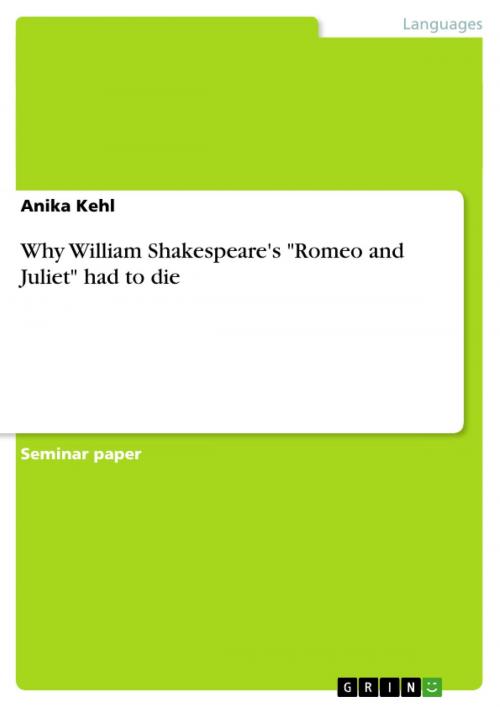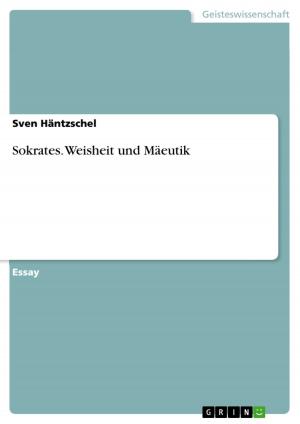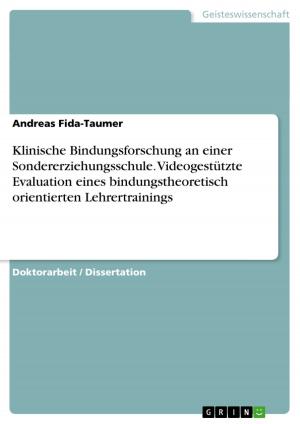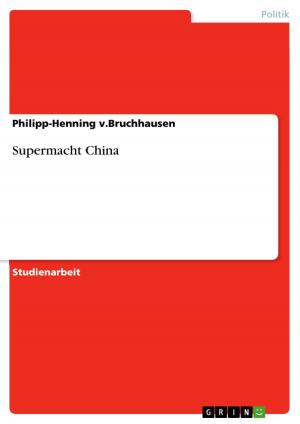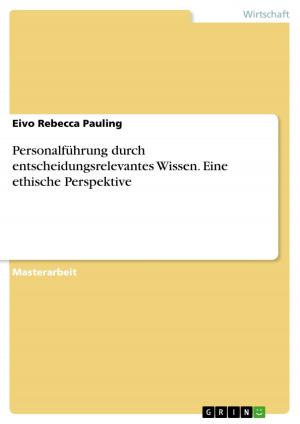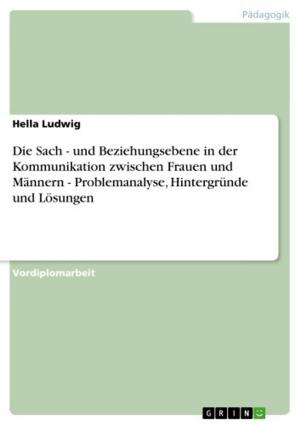Why William Shakespeare's 'Romeo and Juliet' had to die
Fiction & Literature, Literary Theory & Criticism, British| Author: | Anika Kehl | ISBN: | 9783656724001 |
| Publisher: | GRIN Verlag | Publication: | August 20, 2014 |
| Imprint: | GRIN Verlag | Language: | English |
| Author: | Anika Kehl |
| ISBN: | 9783656724001 |
| Publisher: | GRIN Verlag |
| Publication: | August 20, 2014 |
| Imprint: | GRIN Verlag |
| Language: | English |
Seminar paper from the year 2013 in the subject English - Literature, Works, grade: 2,3, Ernst Moritz Arndt University of Greifswald (Anglistik/Amerikanistik), course: Hauptseminar: Global Shakespeare, language: English, abstract: 'And they all lived happily ever after' - This might have been the last sentence of William Shakespeare's Romeo and Juliet every other night back in the 18th century. We cannot be sure how theatre companies went about the happy ending of the so '[...] called greatest love story ever told' (Davies, 2001, p. 397) but scholars state that the plays blending of comedic and tragic elements has sometimes encouraged theatres to let their love couple live (cf. Smith, 2012, p. 158; McAllindon, 1991, p. 60). This raises the question why Shakespeare's Romeo and Juliet had to die, which can be answered in several ways. The paper is going to explore three different reasons: the (seemingly) inevitable fate of the 'star-crossed lovers' (Prologue, 6), the danger of immature love and the feud with its consequences for society, family, and coming of age. Ultimately the paper will try to find out what Shakespeare might have wanted to tell his audience and how his messages are conveyed by recent film adaptations. First of all it will be looked at the play's history, the societal environment during its emergence and Shakespeare's religious background which are of utmost importance to interpret the author's ideas. Afterwards all three previously mentioned reasons for the couple's death will be illustrated and analyzed. In conclusion the paper is going to argue that the play is an example of a man-made tragedy which had to end badly in order to open the audience's eyes to the goings-on around them. Finally two film adaptations will be looked at in some detail, mainly concentrating on their endings and their justification for it.
Seminar paper from the year 2013 in the subject English - Literature, Works, grade: 2,3, Ernst Moritz Arndt University of Greifswald (Anglistik/Amerikanistik), course: Hauptseminar: Global Shakespeare, language: English, abstract: 'And they all lived happily ever after' - This might have been the last sentence of William Shakespeare's Romeo and Juliet every other night back in the 18th century. We cannot be sure how theatre companies went about the happy ending of the so '[...] called greatest love story ever told' (Davies, 2001, p. 397) but scholars state that the plays blending of comedic and tragic elements has sometimes encouraged theatres to let their love couple live (cf. Smith, 2012, p. 158; McAllindon, 1991, p. 60). This raises the question why Shakespeare's Romeo and Juliet had to die, which can be answered in several ways. The paper is going to explore three different reasons: the (seemingly) inevitable fate of the 'star-crossed lovers' (Prologue, 6), the danger of immature love and the feud with its consequences for society, family, and coming of age. Ultimately the paper will try to find out what Shakespeare might have wanted to tell his audience and how his messages are conveyed by recent film adaptations. First of all it will be looked at the play's history, the societal environment during its emergence and Shakespeare's religious background which are of utmost importance to interpret the author's ideas. Afterwards all three previously mentioned reasons for the couple's death will be illustrated and analyzed. In conclusion the paper is going to argue that the play is an example of a man-made tragedy which had to end badly in order to open the audience's eyes to the goings-on around them. Finally two film adaptations will be looked at in some detail, mainly concentrating on their endings and their justification for it.
